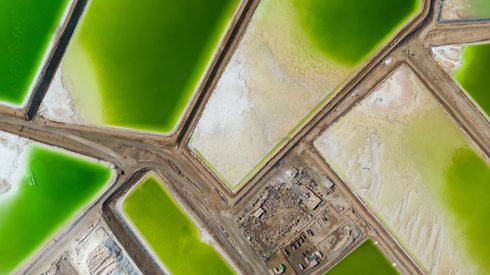The Dutch bank, which announced the closures to clients last week, according to several sources and a memo seen by Fastmarkets, told customers the Covid-19 pandemic, international trade tensions were key reasons for the move.
“In addition, significant fraud and default cases in our line of business, have forced us to carefully review our organization,” the memo dated January 11 said.
“We understand this decision might impact (part of) your business and potentially requires you to find alternative financing,” it added.
The desk closures follow a review of its operations last summer and come as banks globally continue to trim exposure to the sector. ABN Amro announced last year it was exiting commodities, while BNP Paribas and Société Générale have also made closures after some large-scale problems among Singaporean and Middle Eastern trading houses.
Rabobank is a significant lender to traders, producers and processors of commodities, from copper to natural gas, although it has a historically held a strong position in agricultural products.
The bank will maintain its interest in the food and agricultural markets as a focus going forward, along with sustainability and clean energy.
“It has been proposed to centralize the Greater China and European [Trade Commodity Finance (TCF)] activities from Shanghai and London to Hong Kong and Utrecht respectively,” Rabobank told Fastmarkets.
“These changes to the TCF office footprint will not materially impede its global geographical coverage. Commodity finance will have a more efficient organizational structure to globally service its clients active in the [agricultural] energy and metals sectors,” the bank added.
Stricter lending
Stricter lending guidance from banks has led to a tightening of margins among many small to mid-scale commodities trading companies.
In the metals space, the financing pullback brought forward the closures of a clutch of longstanding trading houses last year, including Alfar Resources and Bayin Resources.
Additional reporting by Julian Luk in Hong Kong






